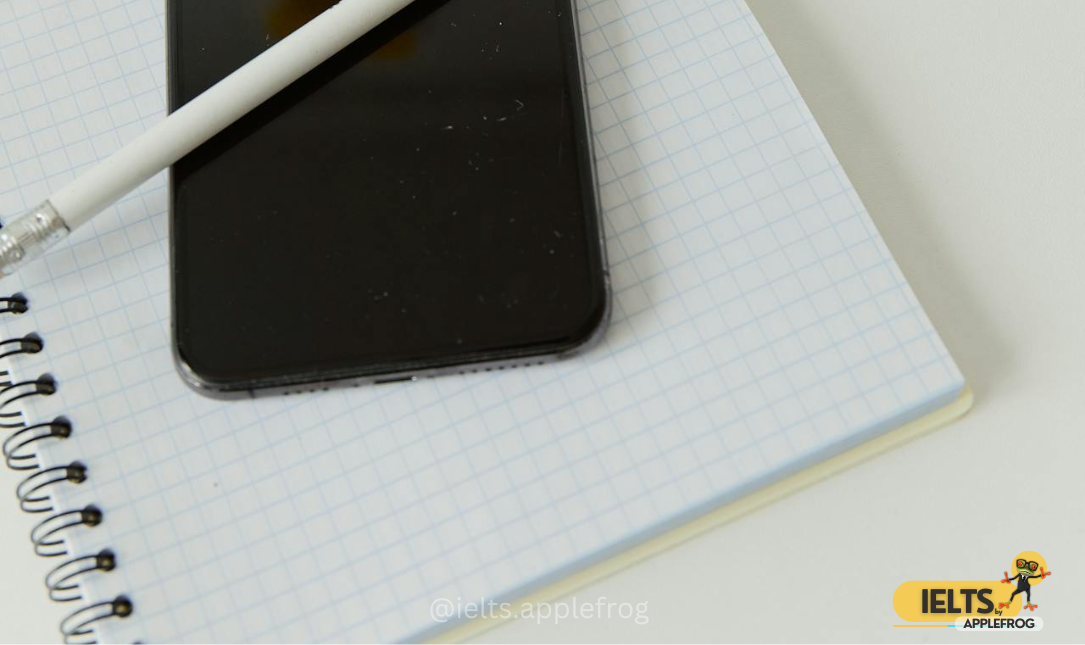
Possessive Adjectives
Possessive adjectives are essential in English grammar for showing ownership or possession. They clarify the relationship between the noun being modified and the person or thing that owns it.
Points About Possessive Adjectives:
- Definition: Possessive adjectives modify nouns to indicate ownership or possession. Example: “This is her book.”
-
Types of Possessive Adjectives:
- My: Indicates ownership by the speaker. Example: “My dog loves to play fetch.”
- Your: Refers to ownership by the person being spoken to. Example: “Is this your jacket?”
- His: Denotes possession by a male singular subject. Example: “He parked his car outside.”
- Her: Indicates possession by a female singular subject. Example: “She forgot her umbrella.”
- Its: Shows ownership by a singular object or animal. Example: “The cat licked its paws.”
- Our: Refers to ownership by a group including the speaker. Example: “Our garden is blooming beautifully.”
- Their: Indicates possession by multiple people or things. Example: “Their house is at the end of the street.”
-
Agreement: Possessive adjectives must agree with the noun in number and sometimes gender.
Examples:
- “My cat” (singular) vs. “Our cats” (plural).
- “Her dress” (singular) vs. “Their dresses” (plural).
- Use with Nouns: Possessive adjectives are placed before nouns to show possession. Example: “His bicycle is new.”
- Expressing Possession: Possessive adjectives establish a relationship but do not always imply direct ownership. Example: “Their idea was brilliant.”
- Avoiding Repetition: They help avoid repetition by referring to ownership without repeating the noun. Example: “Is this your notebook? Yes, it’s yours.”
- Use with Gerunds: Possessive adjectives can precede gerunds to show possession of actions. Example: “I appreciate your joining the meeting.”
- Pronoun Forms: Pronouns like “mine,” “yours,” “his,” “hers,” “ours,” and “theirs” can replace possessive adjectives when no noun follows. Example: “That bag is mine.”
Possessive adjectives bridge the gap between nouns and their owners, simplifying complex relationships in language
Possessive adjectives are crucial for clear and concise communication, as they effectively show relationships and ownership without redundancy. They help streamline sentences and clarify connections between nouns and their owners.
RELATED POST












 Here can be your custom HTML or Shortcode
Here can be your custom HTML or Shortcode
0 Comments